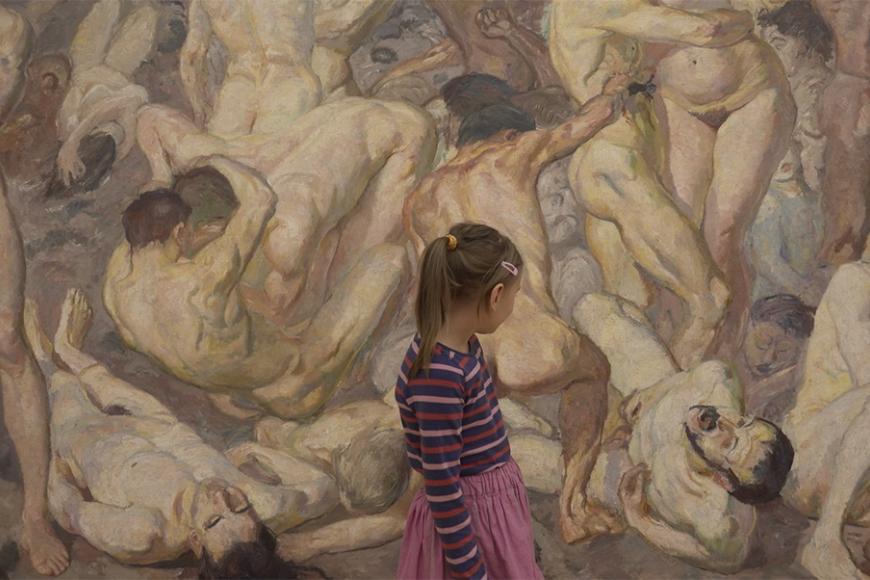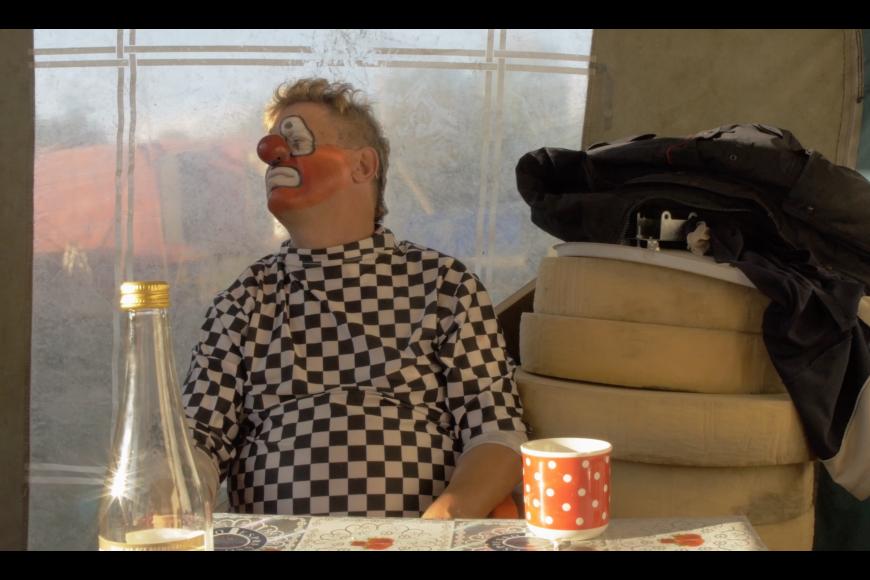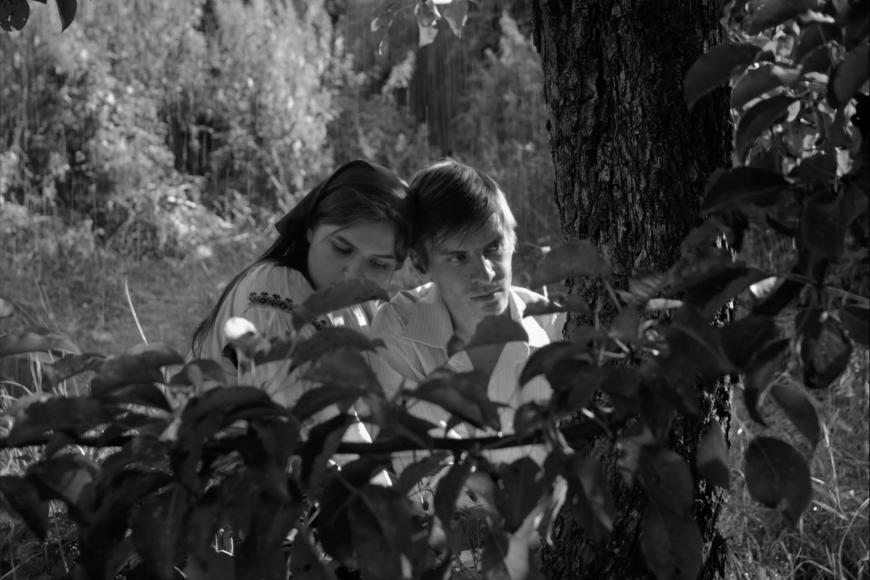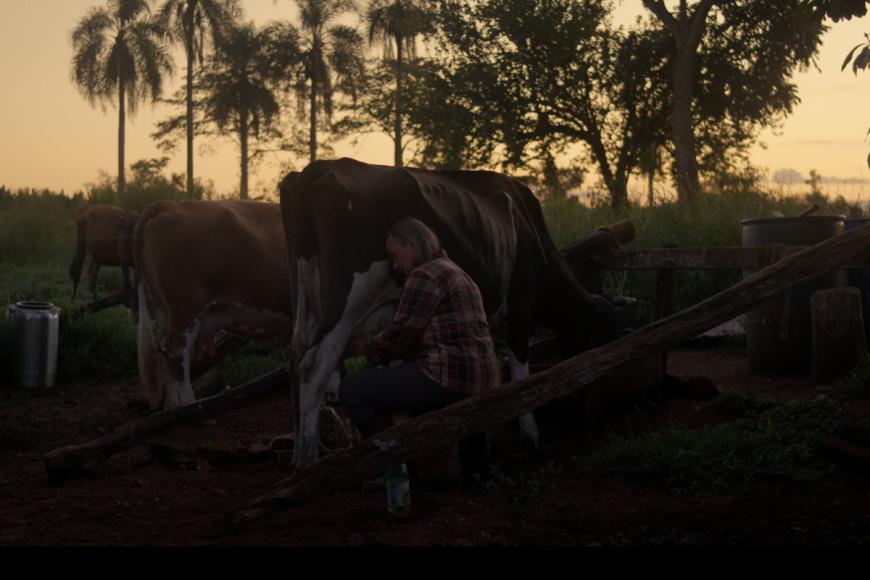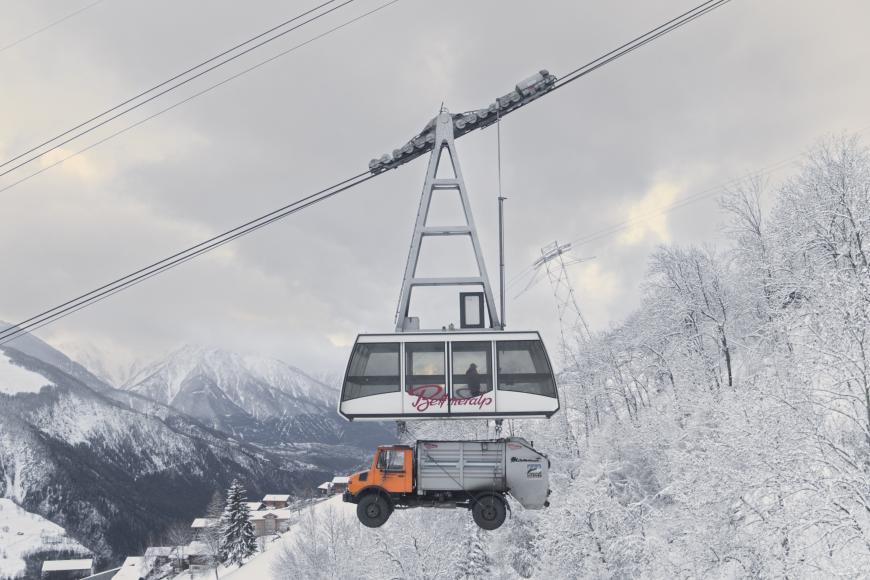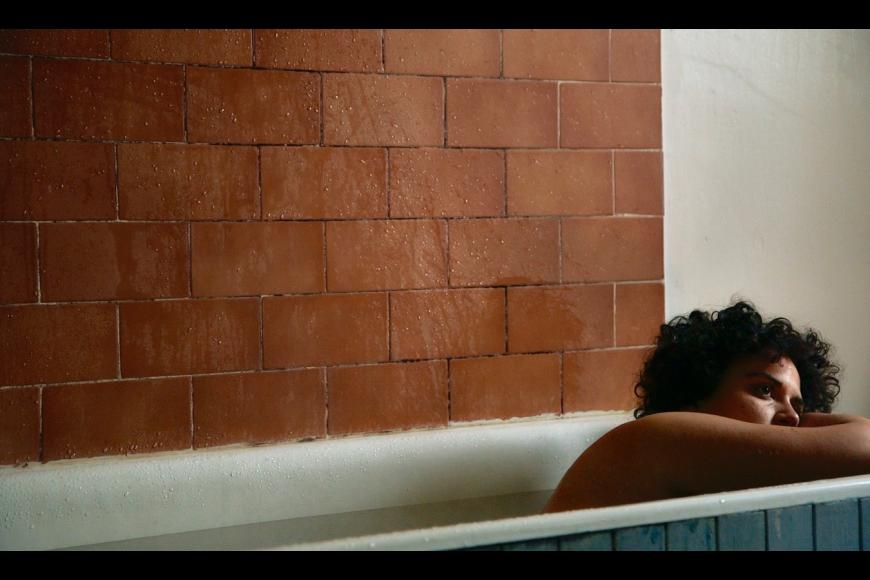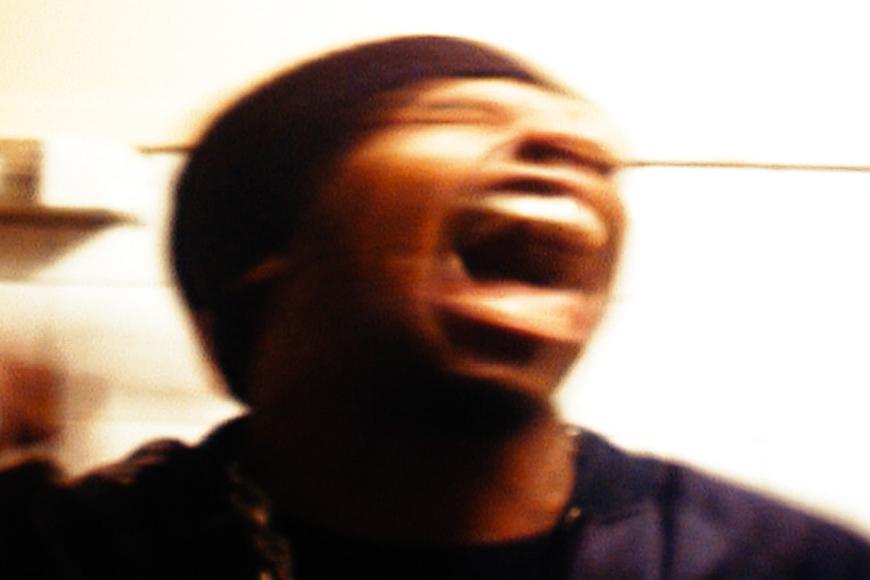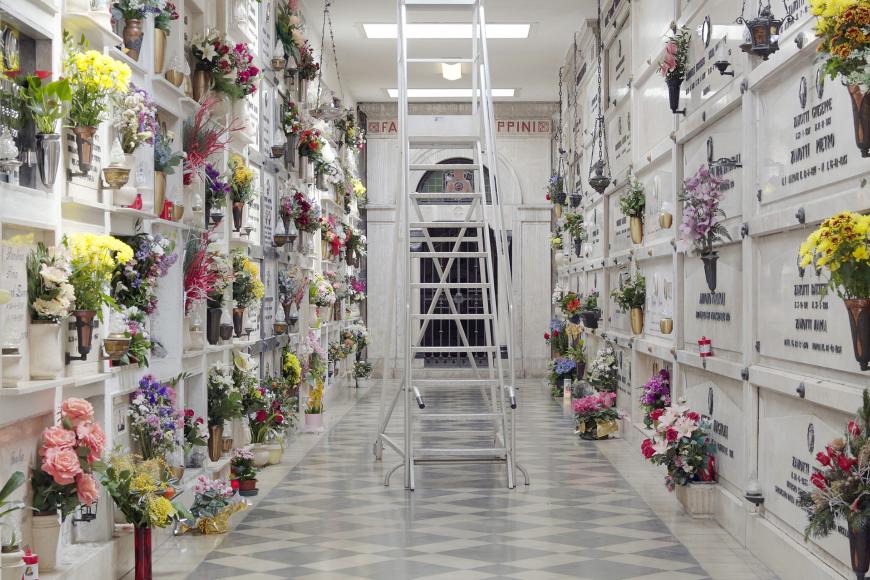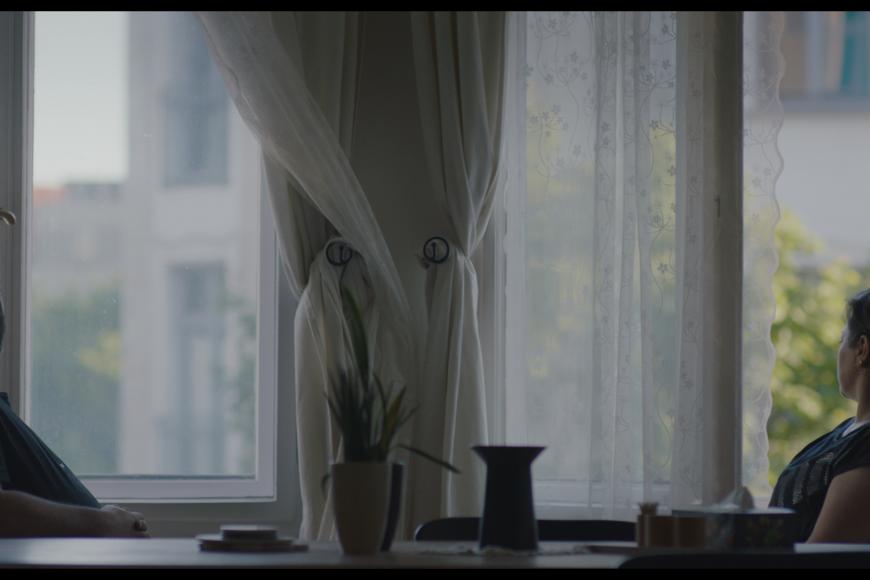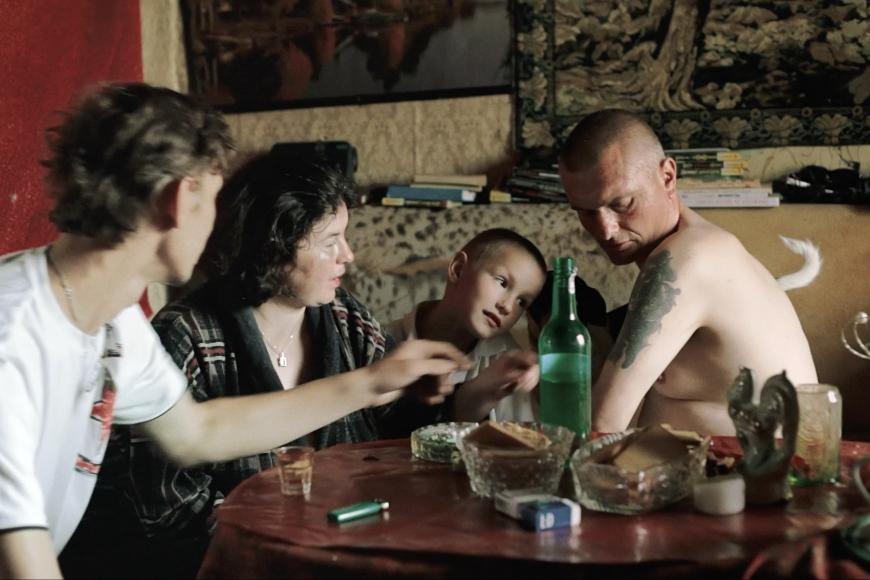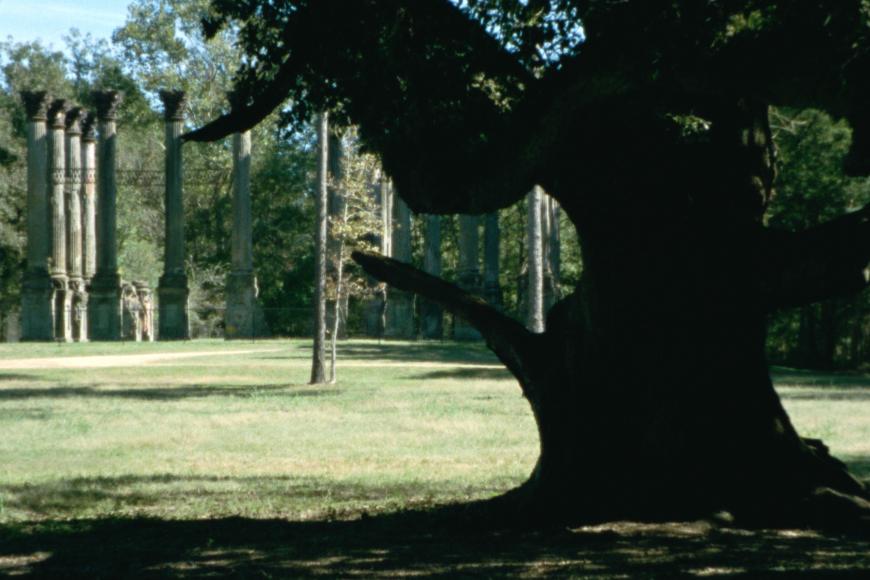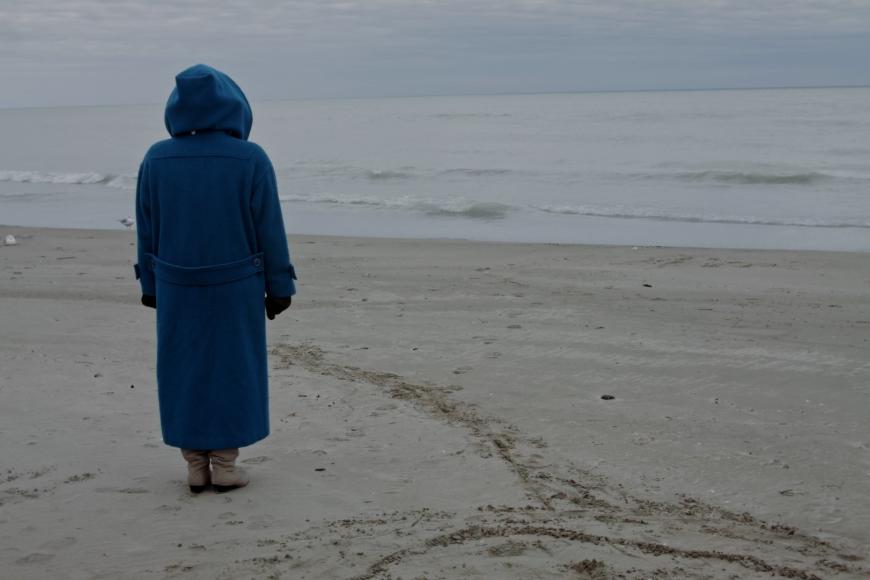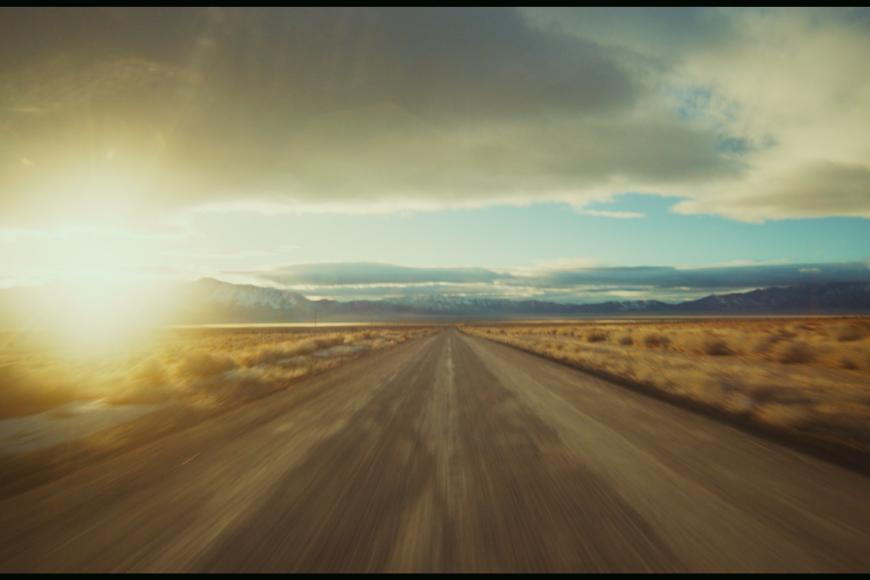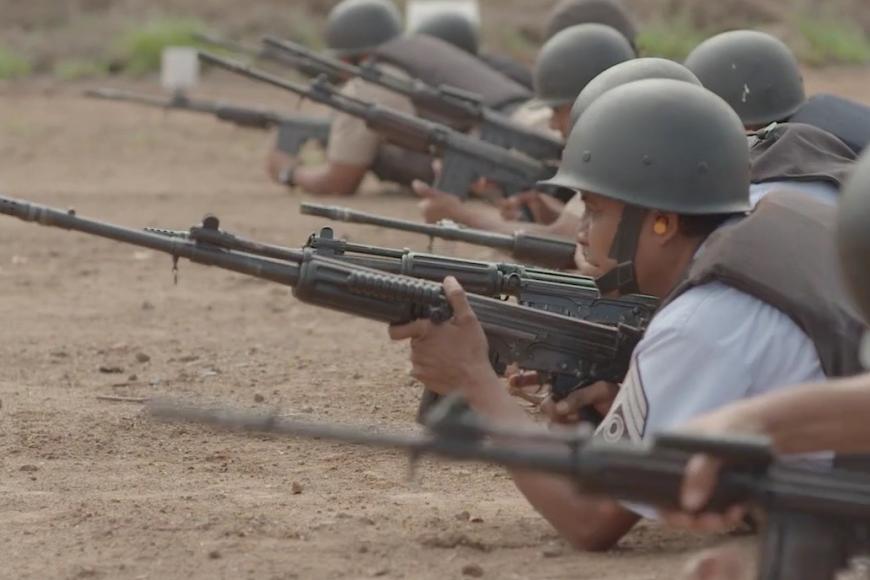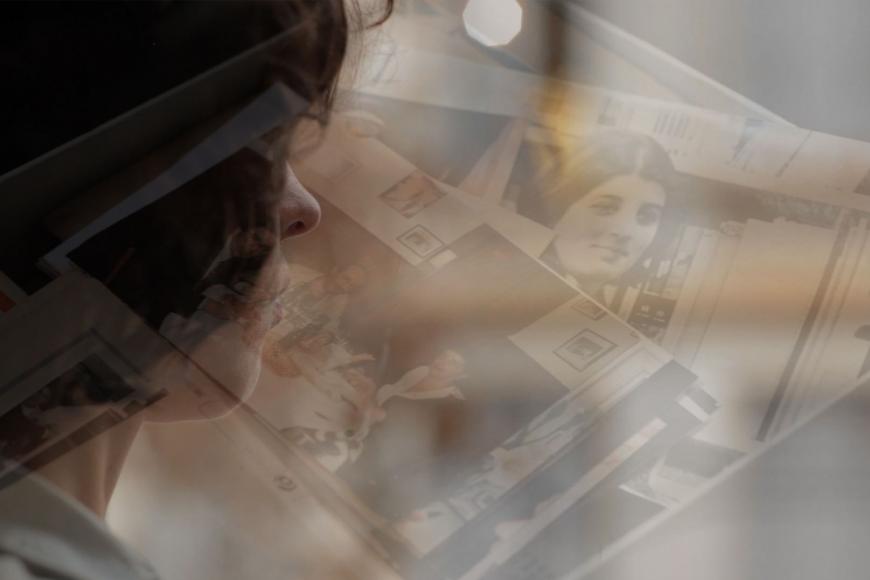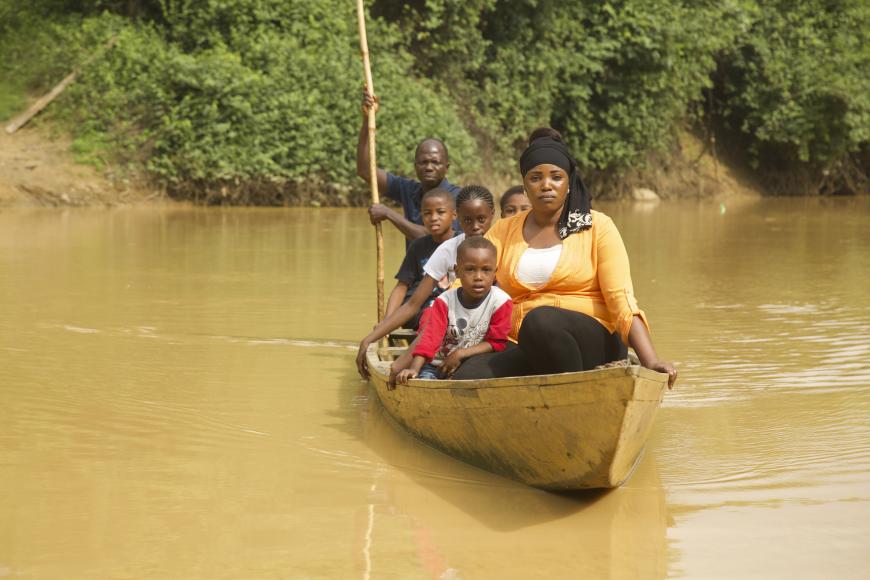
Fati’s Choice
A beach reminds us of Fati’s recent past. She came to Italy by sea, without papers, pregnant for the fifth time. Longing for her children, she returned to Ghana six months later – without her husband. The people around her can’t understand this decision. “You’ve created a mess,” a friend says. “How do I tell people?” a sister asks. But Fati wants to provide for her family, even though she still has to liberate three of her children from the custody of her in-laws.

